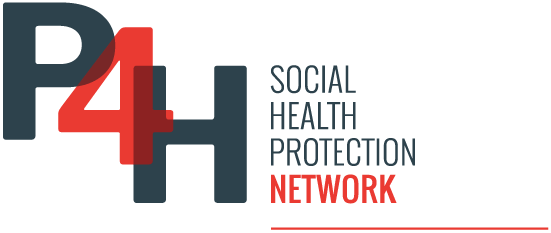With the support from the International Labour Organisation (ILO) through the Luxembourg-funded Project: ‘Support to the extension of Social Health Protection in South-East Asia’, the ASEAN Institute for Health Development at Mahidol University, in Thailand, has developed an innovative Master’s Degree in Primary Health Care Management (MPHM) and Social Health Protection, to enhance the capacity of practitioners in the region. The specialized program is due to officially start on the 10th of August 2020.
The first step towards the official start has already been taken: the enrolled students are currently taking part in a 4-week online introduction course. The objective is to present some of the key concepts and terminologies that will be covered in the Master’s, such as health systems, primary health care, universal health coverage, and social health protection, as well as digital literacy. This induction is also the opportunity for students to discuss the different aspects of the program and virtually meet some of their future lecturers and ILO specialists. It will also include webinars with international guest lecturers and experts from the region to discuss the different aspects of social health protection systems.
The development of this novel postgraduate degree is based upon the premise that improving and extending social health protection coverage requires the participation of well-trained social protection experts, who are able to develop and implement sustainable health protection systems in their countries. Building the capacity of decision makers and practitioners in social health protection is therefore essential to strengthen the efficiency and sustainability of health protection systems.
The MPHM is set to launch in less than two weeks, and to further broaden accessibility for applicants, the ILO-Luxembourg Project has provided full scholarships for 6 qualified candidates from Lao PDR, Myanmar and Viet Nam. Recipients of the fellowships are made up of government officials working on social health protection schemes in their respective countries. The expectation is that they will return to their posts after completing the MPHM and apply the insights and expertise they gain from the course to benefit Social Health Protection systems in their home countries.

